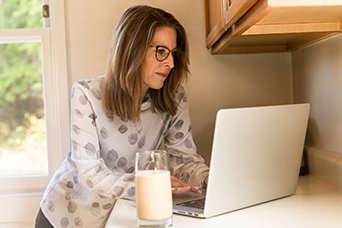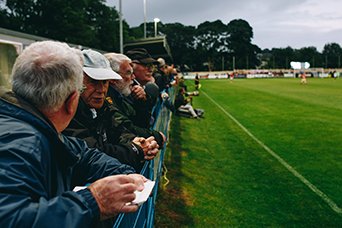Here’s how to go about it
For most people, it is wise to cover your living expenses each month with a pension, and then draw on the rest as capital. You can also look into a staggered payout from your pension fund assets and check whether your pension fund can transfer the money to several vested benefits accounts, for example. This could help you slightly reduce the tax burden you face when drawing on your pension money. You can find out more about this in the article “Retirement savings 3a: save on taxes with these tips”.
You should also look into the conversion rate for your pension fund. This rate determines how much money you will receive each year as a pension. Here is a specific example: if you have CHF 80,000 credit in pension fund assets and the conversion rate is 6.8%, you will receive CHF 5,440 annually after retirement (6.8% of your capital). The minimum conversion rate for mandatory pension fund assets is set by the Confederation. For any funds beyond this threshold, the conversion rate is set directly by the respective retirement savings foundation and is generally far lower than the rate set for the mandatory assets. This means the conversion rate is an important indicator of the level of your old-age pension. And those retiring early need to be aware that the conversion rate will be lower – for both the mandatory and non-mandatory assets.










